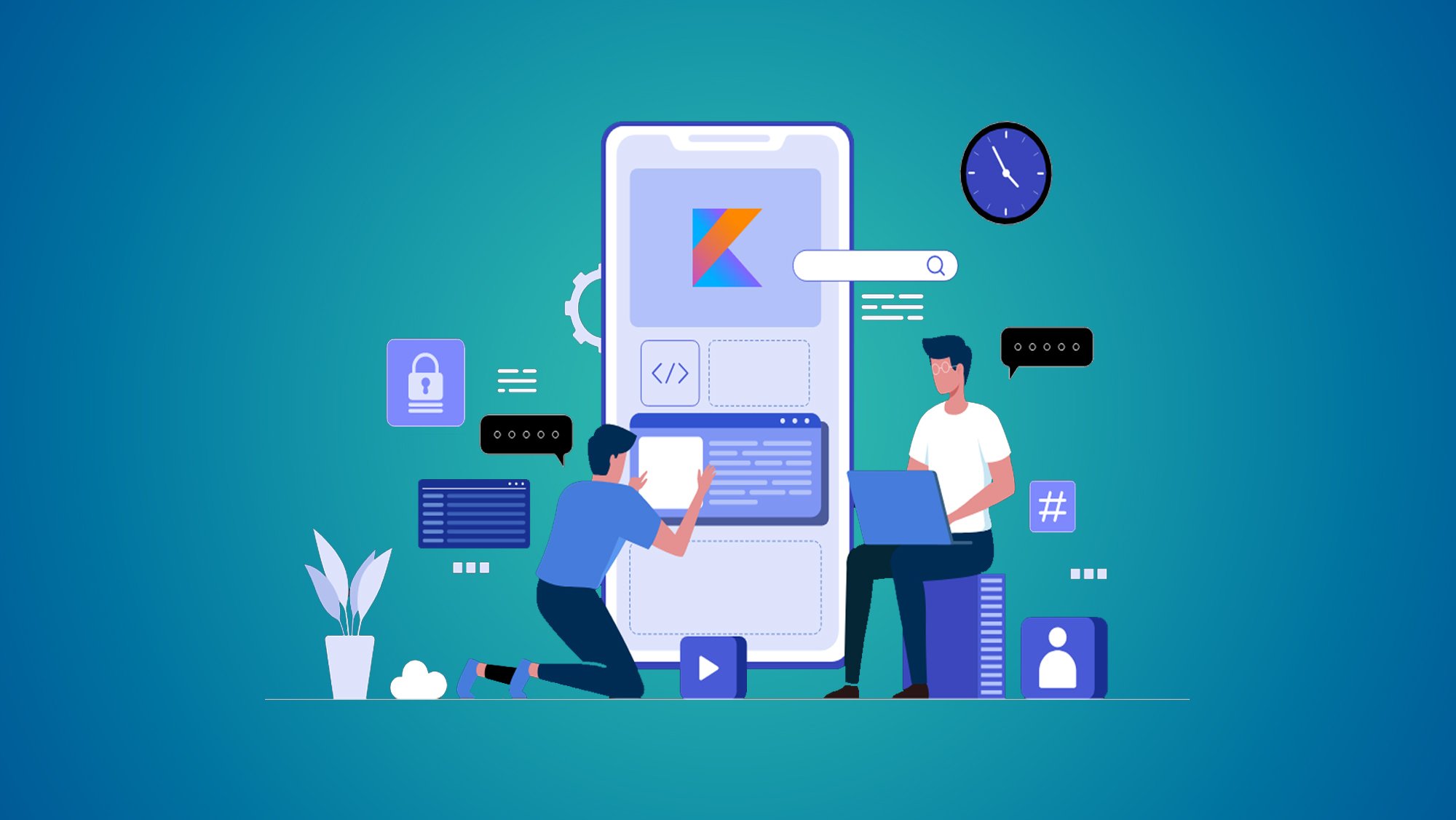Jameliz Smith Leak Privacy Consent: What You Need To Know
Let’s talk about a situation that’s been buzzing around lately—Jameliz Smith leak privacy consent. Now, if you’re scratching your head trying to figure out what this means or why it matters, don’t worry. We’re here to break it down for you in a way that’s easy to digest. Whether you’re a tech-savvy individual or just someone who wants to stay informed, this article will guide you through everything you need to know about Jameliz Smith’s privacy consent leak and its implications. So, grab your favorite drink, sit back, and let’s dive in!
You’ve probably heard about data breaches and privacy leaks in the news before. But when it involves a name like Jameliz Smith, it grabs attention. Privacy is something we all care about, whether we realize it or not. In today’s digital age, your personal information can be as valuable as gold. So, understanding what happened with Jameliz Smith’s privacy consent leak is crucial—not just for her but for everyone who uses the internet.
This isn’t just about one person’s story; it’s about the bigger picture of how our data is handled, who has access to it, and what steps we can take to protect ourselves. By the end of this article, you’ll have a clearer understanding of the situation, the risks involved, and what you can do to keep your own information safe. Let’s get started, shall we?
- Meet Sone 385 Hikaru Nagi A Beacon In Japanese Entertainment
- Ullu Webseries Free Download Your Ultimate Guide To Bingewatching
Who Is Jameliz Smith? A Quick Bio
Before we dive deep into the privacy consent leak, let’s take a moment to get to know who Jameliz Smith is. She’s not just a name on the internet—she’s a real person whose life has been impacted by this situation. Below is a quick rundown of her background:
Basic Information About Jameliz Smith
| Name | Jameliz Smith |
|---|---|
| Age | 32 |
| Profession | Digital Content Creator |
| Location | Los Angeles, California |
| Social Media Presence | Over 500k followers across platforms |
Now, here’s the thing—Jameliz isn’t just another face in the crowd. She’s built a reputation as a content creator who connects with her audience on a personal level. Her work often revolves around topics like mental health, self-care, and tech trends. But as we’ll see, her digital presence also made her a target for certain risks.
Understanding the Jameliz Smith Privacy Leak
Alright, let’s talk about the elephant in the room—the Jameliz Smith privacy consent leak. What exactly happened here? Well, it all started when unauthorized access was gained to some of her personal data. This included things like her email communications, social media login credentials, and even sensitive financial information.
- Exploring The World Of Blue Film Sexy Movie A Comprehensive Guide
- Movierulz Movie Rules The Ultimate Guide To Streaming And Downloading Movies
How Did It Happen?
Here’s the kicker: the leak occurred because of a lack of proper consent management. In simple terms, the platforms she used didn’t have strong enough safeguards in place to protect her data. This is where things get tricky because it highlights a broader issue—how much control do we really have over our personal information online?
- Weak security protocols on third-party apps
- Phishing attacks targeting high-profile individuals
- Insufficient user education on privacy settings
It’s not just about Jameliz, though. This situation serves as a wake-up call for all of us to pay closer attention to how we manage our digital presence.
The Importance of Privacy Consent
Let’s shift gears and talk about why privacy consent matters so much. In a world where data is constantly being collected, analyzed, and shared, having control over your personal information is essential. Privacy consent ensures that you’re aware of what data is being collected, why it’s being collected, and who has access to it.
What Does Privacy Consent Really Mean?
Privacy consent is more than just clicking a checkbox when you sign up for a new app. It’s about understanding the terms and conditions (yeah, those long, boring documents) and making informed decisions about your data. Here’s a quick breakdown:
- You have the right to know what data is being collected
- You can choose to opt-in or opt-out of data sharing
- You should receive clear notifications if there’s a breach
Without proper privacy consent, your information could end up in the wrong hands without you even realizing it. That’s why it’s crucial to stay vigilant and informed.
Legal Implications of Privacy Leaks
Now, let’s talk about the legal side of things. When a privacy leak happens, there are often legal consequences for the parties involved. Depending on the jurisdiction, companies can face hefty fines and lawsuits if they fail to protect user data adequately.
What Are the Laws Protecting Privacy?
There are several laws in place to safeguard personal information. Some of the key ones include:
- General Data Protection Regulation (GDPR) in the EU
- California Consumer Privacy Act (CCPA) in the US
- Personal Information Protection and Electronic Documents Act (PIPEDA) in Canada
These laws require companies to implement robust security measures and notify users in case of a breach. If they don’t comply, they can face significant penalties.
Impact on Jameliz Smith
Let’s zoom in on how this privacy leak has affected Jameliz Smith personally. As someone who relies heavily on her online presence, the breach has had a profound impact on her career and personal life. Not only has her reputation been tarnished, but she’s also had to deal with the stress and anxiety that comes with knowing your private information is out there for anyone to see.
Emotional and Psychological Effects
Dealing with a privacy leak isn’t just about fixing technical issues; it’s also about addressing the emotional toll it takes. Jameliz has spoken openly about how the incident has affected her mental health. She’s had to navigate a storm of public scrutiny and worry about potential future breaches.
It’s a reminder that behind every headline is a real person dealing with real consequences. That’s why it’s so important to support each other and advocate for stronger privacy protections.
Steps to Protect Your Own Privacy
Okay, enough about Jameliz—what about you? How can you protect your own privacy and avoid falling victim to a similar situation? Here are some practical steps you can take:
Tips for Strengthening Your Digital Security
- Use strong, unique passwords for all your accounts
- Enable two-factor authentication wherever possible
- Regularly review your privacy settings on social media
- Be cautious when clicking on links or downloading attachments
These might seem like small actions, but they can make a big difference in keeping your data safe. Remember, prevention is always better than cure.
Future of Privacy in the Digital Age
As we continue to move further into the digital age, the importance of privacy will only increase. Companies are realizing that they need to prioritize data protection not just to avoid legal trouble but also to build trust with their users.
Trends in Privacy Technology
There are some exciting developments in the world of privacy technology. Things like blockchain, encryption, and decentralized systems are being explored as ways to give users more control over their data. While these solutions aren’t perfect yet, they offer hope for a future where privacy is a given rather than an exception.
It’s up to all of us to push for better standards and hold companies accountable for their actions. By doing so, we can create a safer, more transparent digital environment for everyone.
Expert Opinions on Privacy Consent
Let’s hear from some experts in the field of privacy and cybersecurity. They offer valuable insights into the current state of privacy consent and where we’re headed.
What the Experts Say
Dr. Emily Carter, a cybersecurity researcher, notes, “The Jameliz Smith case highlights the urgent need for stronger privacy frameworks. Companies must go beyond compliance and truly prioritize user protection.”
Meanwhile, tech analyst John Thompson adds, “Users also have a role to play. Educating yourself about privacy settings and staying informed about potential risks is key to staying safe online.”
These perspectives underscore the importance of a collaborative approach to privacy—where both companies and individuals take responsibility for protecting personal data.
Conclusion: What You Need to Know
So, there you have it—the scoop on Jameliz Smith’s privacy consent leak and what it means for all of us. From understanding the basics of privacy consent to taking steps to protect your own data, this article has covered a lot of ground. Here’s a quick recap:
- Privacy leaks like Jameliz’s are becoming more common
- Understanding privacy consent is crucial for safeguarding your data
- Legal frameworks are in place to protect user information
- Strengthening your digital security is key to avoiding breaches
Now, it’s your turn to take action. Whether it’s updating your passwords, reviewing your privacy settings, or staying informed about the latest trends in cybersecurity, every little step counts. Share this article with your friends and family to spread awareness, and let’s work together to create a safer digital world.
Table of Contents
- Who Is Jameliz Smith? A Quick Bio
- Understanding the Jameliz Smith Privacy Leak
- The Importance of Privacy Consent
- Legal Implications of Privacy Leaks
- Impact on Jameliz Smith
- Steps to Protect Your Own Privacy
- Future of Privacy in the Digital Age
- Expert Opinions on Privacy Consent
- Conclusion: What You Need to Know
Article Recommendations
- 5 Movierulz Today Your Ultimate Movie Streaming Guide In 2023
- Mallu49 The Ultimate Guide To Understanding And Embracing The Craze



Detail Author:
- Name : Prof. Cameron Grady
- Username : hackett.dwight
- Email : lorenza.ullrich@gmail.com
- Birthdate : 1986-01-08
- Address : 300 Kayla Vista Port Alejandraville, IL 38189-9971
- Phone : +1 (407) 491-3036
- Company : Altenwerth LLC
- Job : Continuous Mining Machine Operator
- Bio : Reprehenderit autem quis quam dolorem omnis aspernatur. Molestias sed rem exercitationem eos ut dolorum sit. Sint sed aliquid et ut ea placeat placeat. Error expedita est veritatis.
Socials
facebook:
- url : https://facebook.com/rosalyn.kozey
- username : rosalyn.kozey
- bio : Eius quae molestiae consectetur eaque ipsum unde eos.
- followers : 5578
- following : 2531
twitter:
- url : https://twitter.com/rosalyn_kozey
- username : rosalyn_kozey
- bio : Voluptatem accusamus iusto blanditiis quia. Dolore sint aut voluptatem quia dolores et earum. Sint in rem dolores aut placeat.
- followers : 5164
- following : 2221